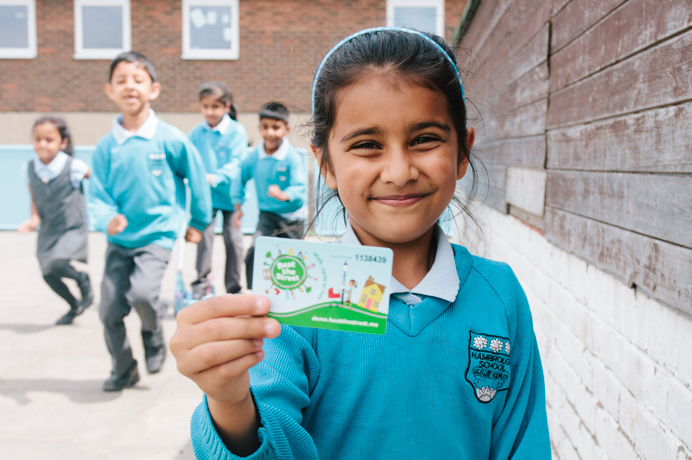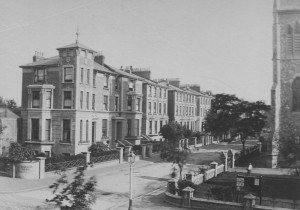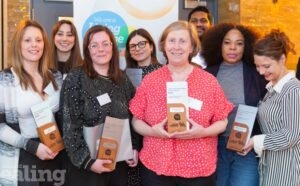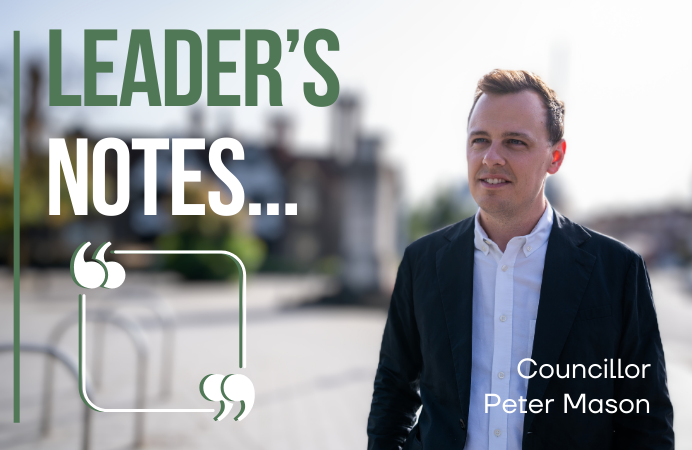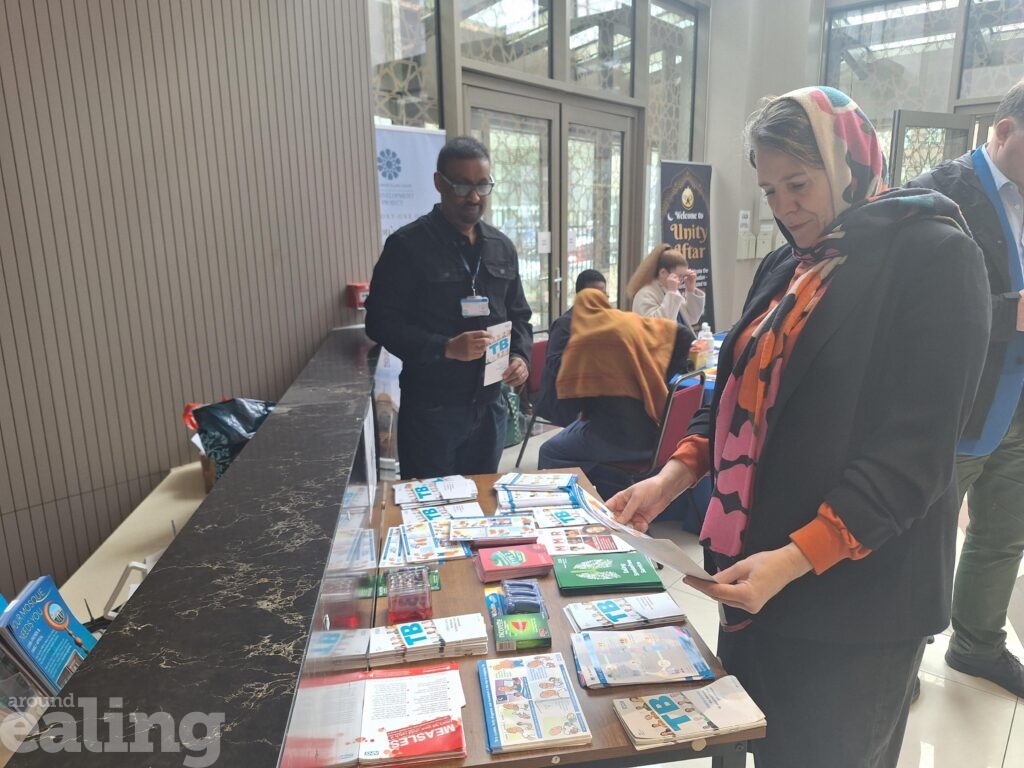The streets of Southall will become a three-dimensional board game for school pupils this autumn as they attempt to ‘journey around the world’.
Beat the Street is a community-wide initiative by Ealing Council and its partner Intelligent Health to encourage people to get walking, running and cycling. The aim is to get local schools, community groups and teams of residents to compete for prizes and have fun in the process.

Special ‘Beat Boxes’ will be going up on lampposts across the area for the six-week challenge between 21 September and 2 November. People taking part will be given special cards, or fobs, which they can tap against these Beat Boxes as they walk or cycle past. This will log their journey and they will receive points for how far they have travelled. The aim is for each team member to keep racking up their own distance to help build up an overall ‘journey distance’ for the team.
There will be a leaderboard keeping track of how the teams are doing – and there will be prizes for the teams that travel the furthest.
The overall goal is to see if teams can reach 25,000 miles – the equivalent of travelling around the globe.
‘Being physically active is not a chore’
“It is free to take part and anyone can join in,” said Councillor Bassam Mahouz, cabinet member for transport, environment and leisure. “It will be a lot of fun and shows that being physically active does not have to be a chore. Getting involved will hopefully encourage people to stay more active and walk or cycle more around town – and should also help set good habits among schoolchildren for life.
“It is important because physical activity can reduce your risk of illness, including heart disease, diabetes and other conditions – and is, of course, a great mood-booster too.
“Beat the Street will transform Southall into a giant ‘game’ where schools, community groups and initiatives compete to see who can travel the furthest in return for points and prizes and it will be exciting to see how people get on.
“It has been run elsewhere and proved successful – and popular.”
‘Children who exercise concentrate more’
One of the schools due to take part is Hambrough Primary, in South Road. Headteacher Louise Singleton said: “The wellbeing of our pupils is of paramount importance to us and keeping active is a significant part of all-round health. Children who get plenty of exercise also tend to concentrate better in class. Beat the Street looks like a fun, engaging way to get even more of our children and their families involved in walking and cycling to and from school and for encouraging physical activity as a part of their everyday life.”
Dr William Bird, founder of Intelligent Health, the company that will organise the Beat the Street project, said it is estimated that 40% of the UK population gets less than 30 minutes of physical activity per week.
Adults should be taking 150 minutes a week and children 60 minutes a day.
He said: “We developed the game to add a competitive element to physical activity because being active has a positive effect on 23 long term health conditions. Additionally, getting out and about in the fresh air is good for mental health, reduces traffic congestion and allows participants to enjoy their area.”
